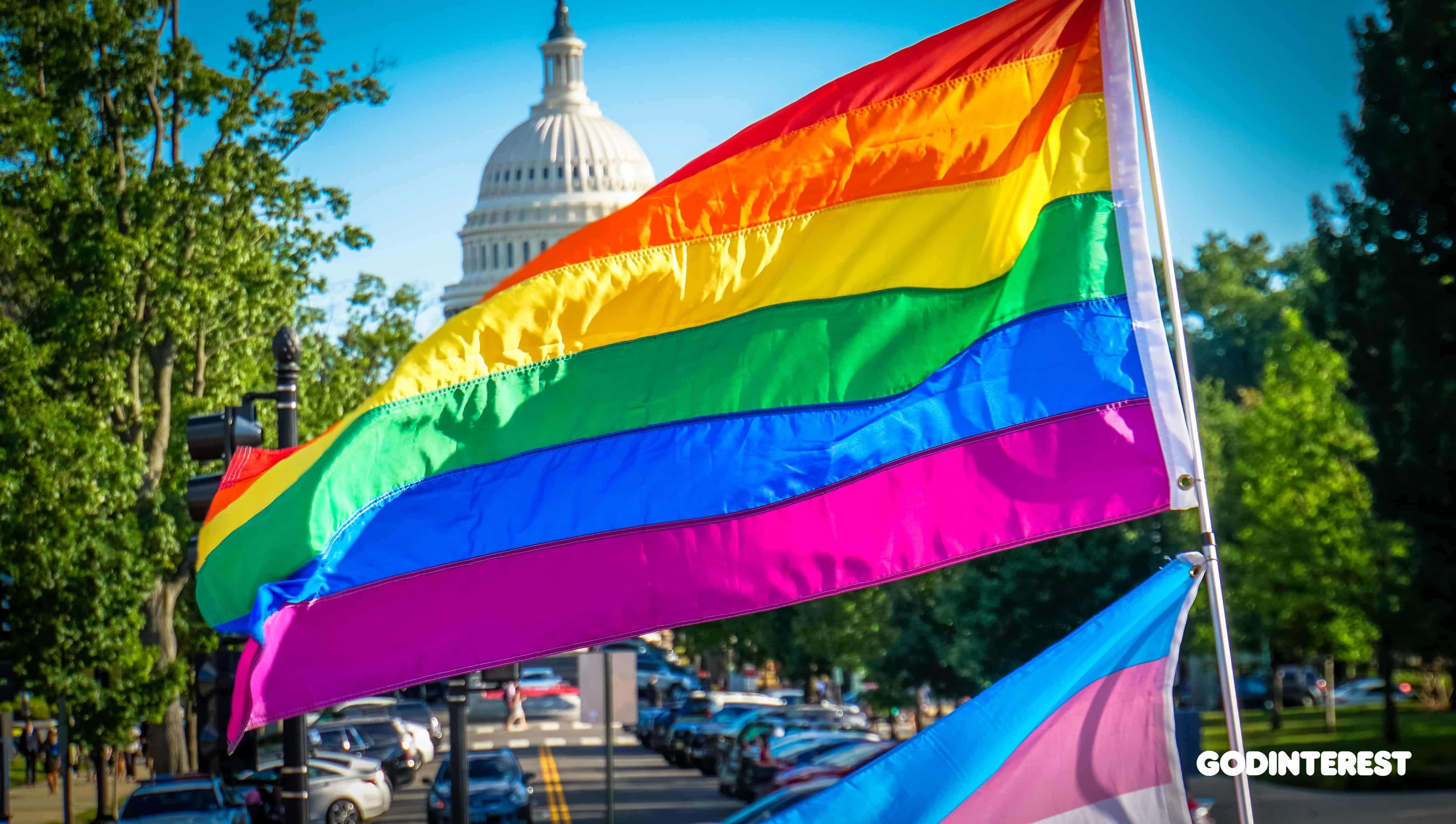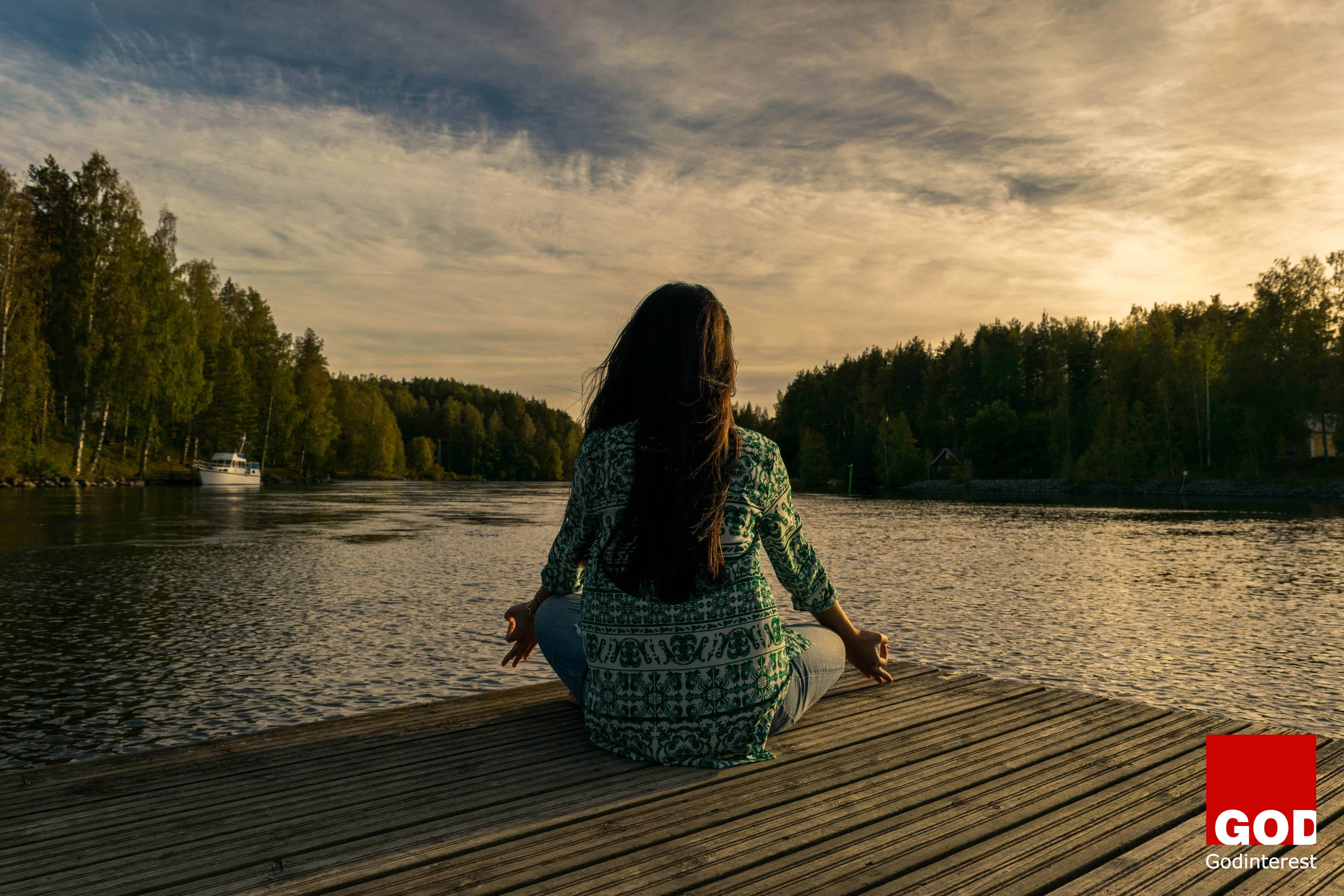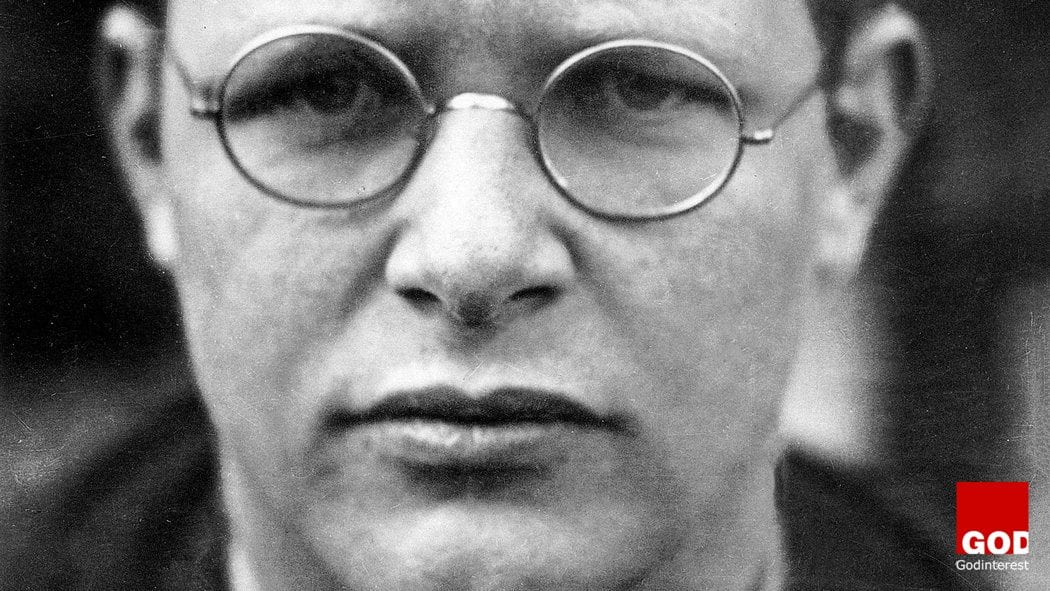The Equality Act, a bill that is said to protect LGBTQ people from discrimination in the workplace, public accommodations, and various other settings, was just passed on Friday 17th May 2019.
The reasoning for this bill is that there are no federal laws explicitly protecting LGBTQ people from discrimination, but what is the real story behind this?
The person behind pushing this act, Nancy Pelosi, is a leftist- I could say case closed at this point, but I’ll carry on! It is called ‘The Equality Act’, but is it not really a diabolical way to force a homosexual and transgender ideology on every person in America and eventually the world?
With the way that America (and other Western countries) is going, is there not already an acceptance and promotion of transgenderism? It is not acceptance that they want, but control and free reign to do as they want wherever they want to do it.
This act pretty much says that it would be illegal to prevent a man who wants to identify as a woman from doing anything he wants to do. Would this mean that women’s sports could come to an end? Think about it: the anatomy of a woman and a man is entirely different, it is no secret that men fare better in sports than women, that is why they are separated. But if a transgender person were to come along and demand to be in, say, a weightlifting competition, no one would be able to say no, right? And when he wins, no one could say that he had an unfair advantage or they would risk legal action.
Taking it a step further, what is there to stop a transgender person from gaining access to women’s restrooms, locker rooms, showers… I don’t know about anyone else reading this, but I’m not comfortable with a man being in the same restroom as me just because he decided that he wanted to be identified as a woman.
Churches and ministries would have to accept them into the pulpit or roles of leadership, wouldn’t they? Personally, I don’t know why they would want to even be in a church, but you never know, do you? I see our freedom of worshipping GOD according to His Word being thrown out of the window here. If a church decides to deny access to a transgender person, they are going to face some problems because the Religious Freedom Restoration Act is not about to protect anyone who refuses to comply with this bill.
As a parent, you’re not going to be able to oppose this ideology being taught in schools, you cannot stop your child from being forced to learn about it, and no hospitals or doctors can refuse to perform sex change operations.
There is this misconception that Christians hate the LGBTQ community, but that is not true. We are to hate sin, not the person. Homosexuality is a sin, that is our belief as Christians because GOD has condemned it. I have never ill-treated someone who identified as gay, lesbian, bisexual etc. or had terrible thoughts towards them. I have never spoken hateful words to them or offensively spoken of them. However, I am firm in my beliefs and stand by them, knowing that it is GOD whom I shall answer to at the appointed time.






